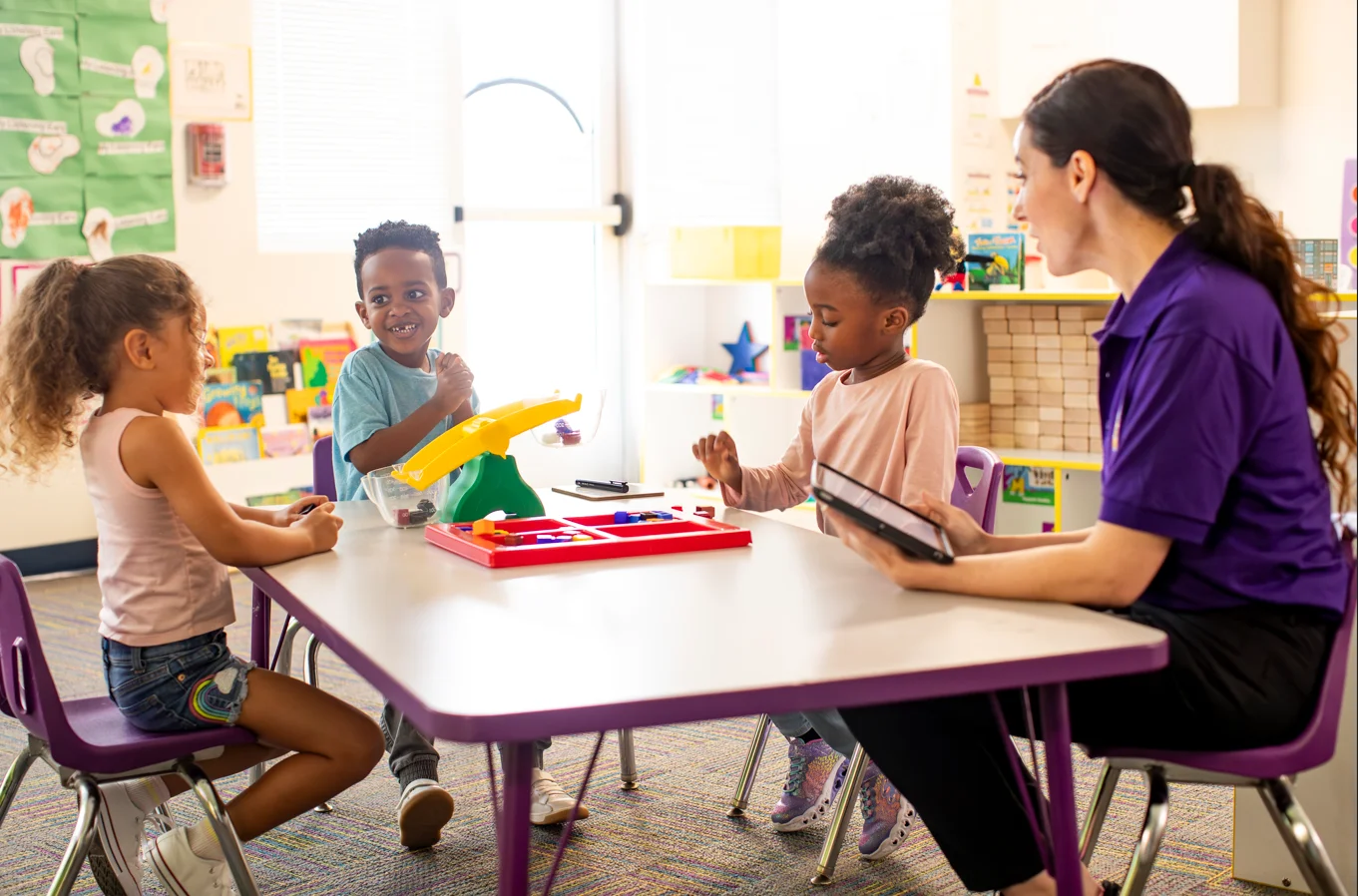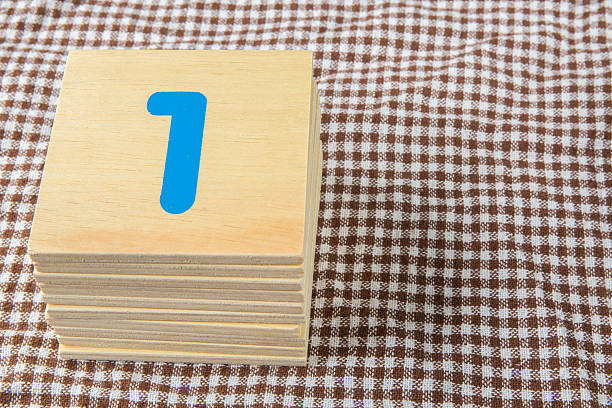British parents tend to be the most influence on their childhood.
Our research showed how the influence of modern parents differs across countries. An overwhelming 83% of British parents believe that the things they did not like about their childhood have significantly influenced their parenting way of life. Comparatively, Portuguese parents believe pressure through social media plays the most crucial role in shaping their parenting styles. In contrast, Irish parents claim that they are influenced the most by the risks faced by children today.
Irish parents tend to be the most accommodating.
The decision of how to handle rules can be a challenge. Our research has revealed that Irish parents take the most casual parenting style and enforce only a few uncoordinated laws in their family. On the other side of the spectrum, 58 percent of Dutch parents follow a strict approach to parenting, establishing the most stringent or clear guidelines for their children.
Portuguese Parents have most high standards.
“Helicopter parenting” is a famous phrase in the present, but the debate on parents’ involvement in their child’s lives and how much they can expect from them. We discovered that Portuguese parents set the highest standards, and 55% hope their children to participate in chores at home, as opposed to just 42 percent of Brits. Additionally, 68 percent of Portuguese parents focus on their children’s homework and homework, as opposed to just 45 percent of Dutch parents.
Belgian parents prioritize education the most.
Education is an essential aspect of a child’s education Parents in Belgium are aware of the need to arrange tutoring of their youngsters as a critical element in shaping the future generation. Belgian parents are more likely to provide additional tuition for their children. In contrast, Irish parents are more inclined to appreciate practical skills like cooking, while Portuguese parents are more likely to engage in arts and crafts at home with their kids.
Dutch parents tend to be among the most stoic parents.
Based on our research, Dutch parents are less likely to engage in play with their children play with them. Only 38% are involved in their children’s games of imagination. In contrast, Dutch parents are more focused on teaching the practical skills of cooking or how to ride a bicycle.




